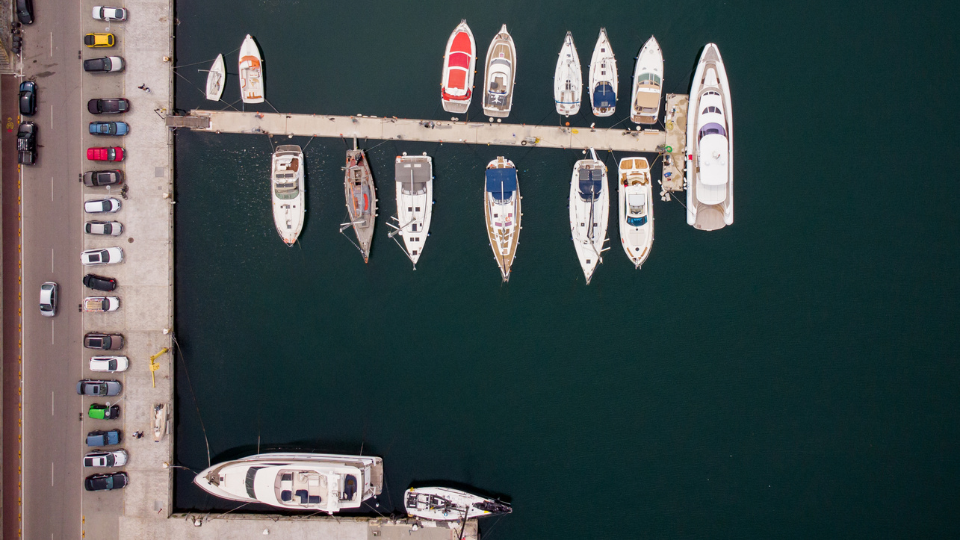Before the emergence of Tax on Vehicles (IPVA), Brazilians who owned motor vehicles should pay the Single Road Fee (TRU), a tax for the financing, construction, and maintenance of highways.
It was only in 1985, through Constitutional Amendment No. 27, that the famous Tax on the Ownership of Motor Vehicles, under the jurisdiction of the States and the Federal District, was enacted. Remodeled, the tax that previously had a mandatory destination, now has its collection unlinked to a specific consideration of the State, being directed to its operation as a whole.
Traditionally, IPVA focuses only on land vehicles, such as cars, motorcycles, and trucks. However, 40 years after its creation, Supplementary Law 214/2025 brought significant changes to the tax, which now reaches beyond the earth, the skies and the seas.
Formerly exempt, now water and air vehicles such as yachts, speedboats, private planes, and helicopters will be subject to the tax. The government measure has two well-defined facets: (i) the increase in tax collection and (ii) the promotion of greater equity in the Brazilian tax system.
It is estimated that the change could lead to a significant increase in state revenue, contributing to the financing of essential public services.
The reaction to Supplementary Law 214/2025 has been mixed. On the one hand, experts praise the measure as an important step in streamlining the tax system, on the other, several industries argue that the new taxation can discourage investments in luxury vehicles and negatively impact the economy.
As in any scenario of change, the expansion of IPVA is marked by significant legal challenges, such as the definition of the market value of water and air vehicles, and the determination of the applicable rates – which will require a comprehensive and precise regulation.
It is also important to point out that the new statute has exceptions that still need to be better defined, such as the application of different rates based on the market value and environmental impact of vehicles, as well as exemptions and benefits for vehicles for commercial and agricultural use, such as fishing vessels.
Owners of air and water vehicles, however, can, for now, breathe a sigh of relief: the implementation of the tax will be gradual and should only occur between 2027 and 2032, aiming to mitigate economic impacts and allow a long phase of adaptation to the new tax regime.
Available in: https://reformatributaria.com.br/reforma-tributaria-ipva-tanto-a-terra-quanto-ao-mar/
Autor: Flávia Sant'Anna Benites • email: flavia@ernestoborges.com.br • Tel.: +55 67 99984 1406

